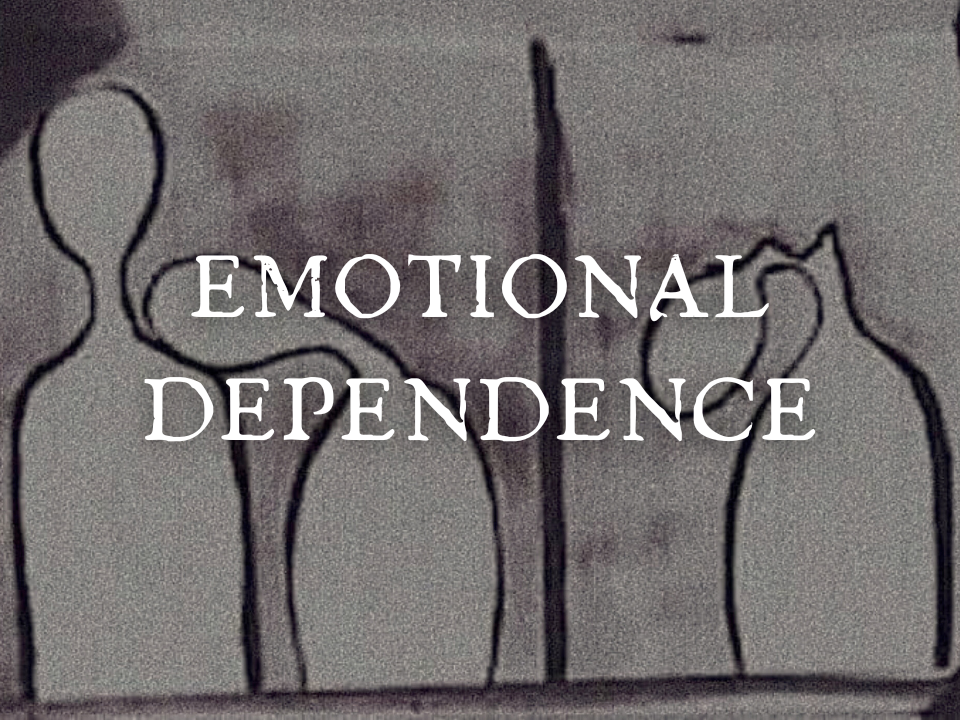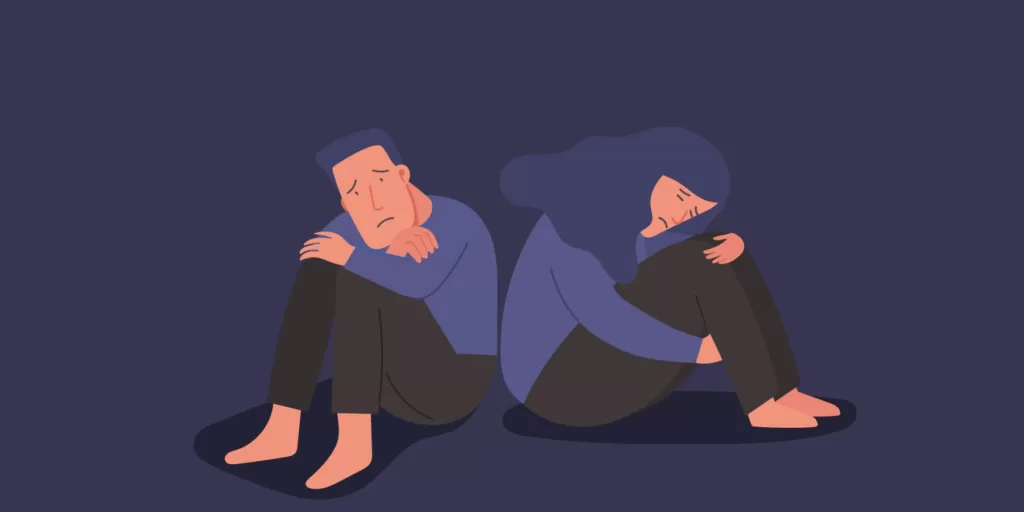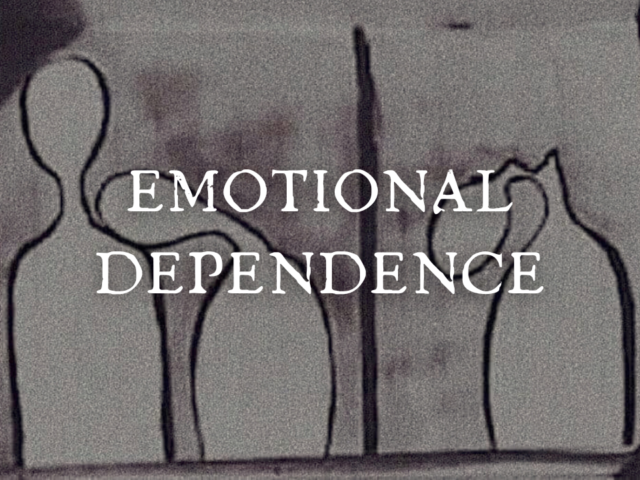
When you first heard the term “emotional dependency”, what kind of visuals popped up in your head? If a dark and gloomy thought emerges, then you are one step closer to understanding the general idea of emotional dependence. This article talks about the reality of emotional dependence, as well as the ways to deal with it.
Emotional Dependence ≠ Emotional Support
Emotional dependence is not a synonym for emotional support; instead, it can act as a catalyst that strains relationships. We all know for a fact that support nurtures growth. Dependence, on the other hand, can lead to codependency, hindering personal development.
What Is Emotional Dependence?

Image via Soulveda
Emotional dependence is a state where an individual relies heavily on their partner for emotional validation, self-worth, and stability. This reliance, if unchecked, can result in an unhealthy attachment, where one’s emotional well-being becomes intricately linked to the actions and responses of their partner.
Their world revolves around their partner’s. The actions of their partners contribute a significant factor to their mood for the day. This is where everything goes wrong and damaging to emotional dependents. Recognizing these patterns early on is crucial for fostering emotional independence.
Why Does It Affect People?

Image via Inner Bonding
The impact of emotional dependence on individuals is profound. It often stems from past experiences, such as childhood trauma, abandonment issues, or a lack of emotional support. They hold on to the idea that their worth is determined by their partner. This concept is almost similar to the one of Trauma Bond.
These unresolved issues affect their adulthood, leading them to seek the emotional fulfilment they lacked earlier in life through their relationships. And the cycle goes on, until they decide that they themselves are worthy despite being on their own.
How To Deal With It

Image via Therapy Route
- Self-Awareness: Recognising patterns of emotional dependence requires self-reflection. Understanding your emotional needs and acknowledging the source of dependence is essential for personal growth.
- Communication: Honest communication is the bedrock of any healthy relationship. Share your feelings, concerns, and intentions with your partner. This creates a space for understanding and mutual support.
- Emotional Independence: Cultivate interests, hobbies, and friendships outside of the relationship. Building a sense of self that isn’t solely defined by your partner promotes emotional independence.
- Professional Help: Therapists can provide valuable insights and strategies for overcoming emotional dependence. Professional guidance can help both individuals in the relationship navigate the challenges they face.
In relationships, the act of understanding and addressing emotional dependency is crucial to foster healthy, balanced connections. We have said this, but we are going to say it again. It is important to develop self-awareness as the first step to deal with emotional dependency.
It all starts with you. You need to realise that you do not need external validation to define your worth. The faster you come to terms with this, the faster you can make your relationships better.










